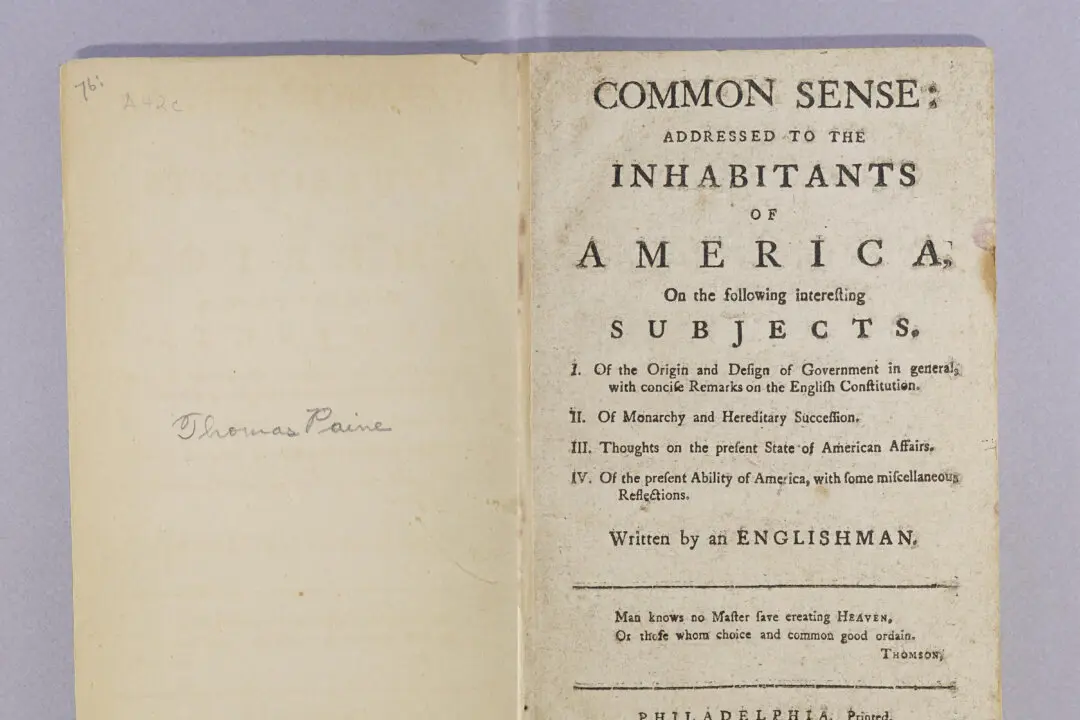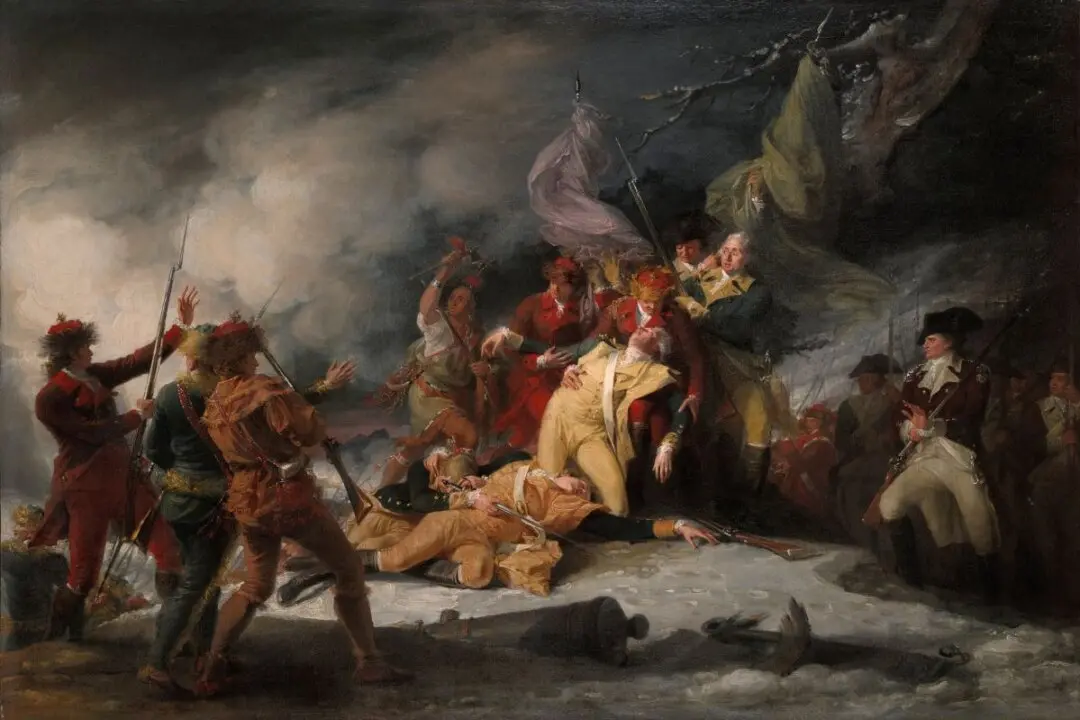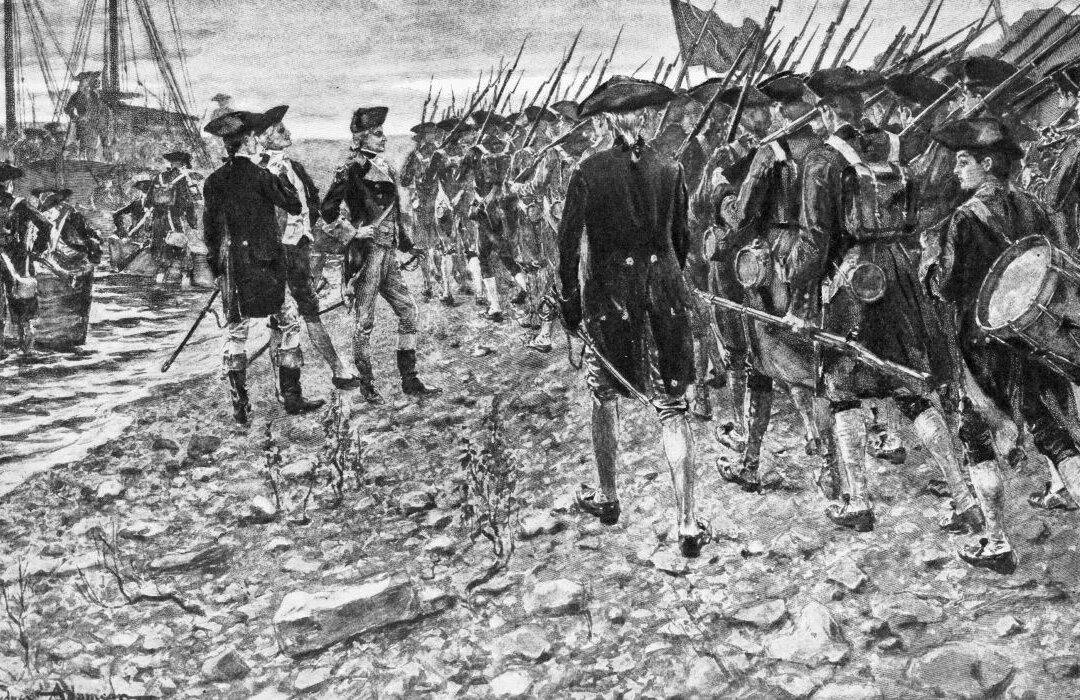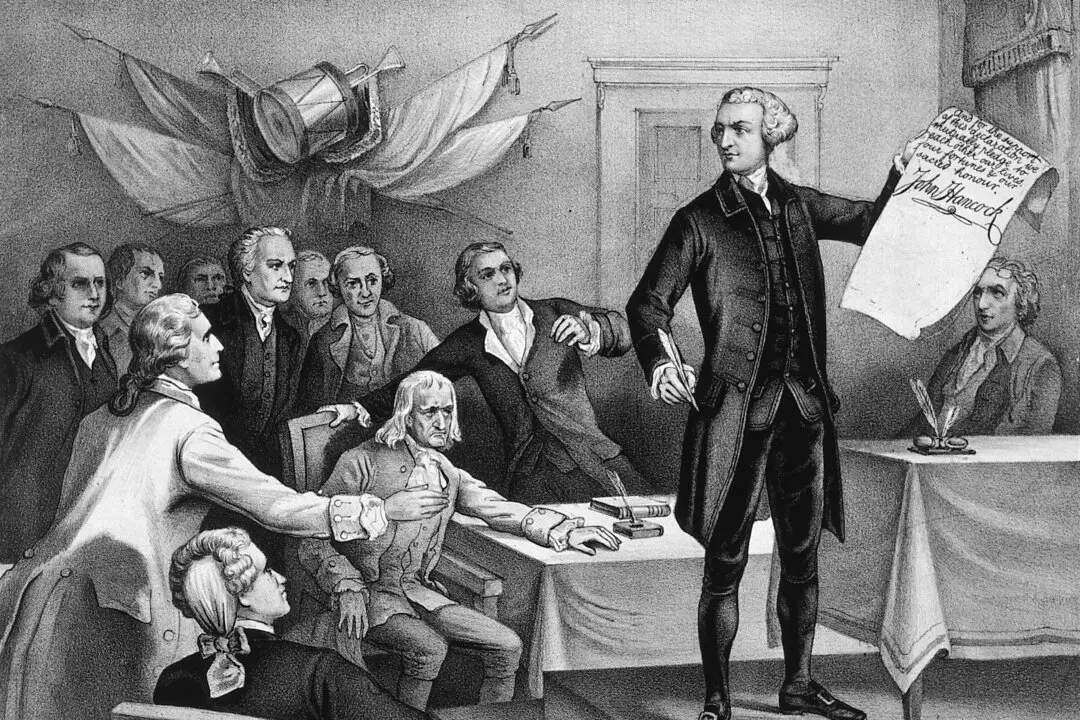Valentine’s Day is once again upon us, and for loved ones who find themselves separated by distance, there’s never been a better time to be alive. We can jump on a plane and visit the ones we love within 24 hours. Cellphones, emails, text messages, FaceTime, WhatsApp, Messenger, and other apps allow us to instantly connect with someone anywhere in the world. We are very fortunate to have this instant access that allows us to view and talk in real time.
In the 18th century, John and Abigail Adams didn’t have such luxuries. These two lovers communicated the old-fashioned way: quill pen, ink, and paper sent via snail mail. From 1762 until 1801, both wrote approximately 1,000 letters to each other from the time they courted until the year he ended his political career as the American president; 1,160 of those letters survived and can be enjoyed by the public today.






